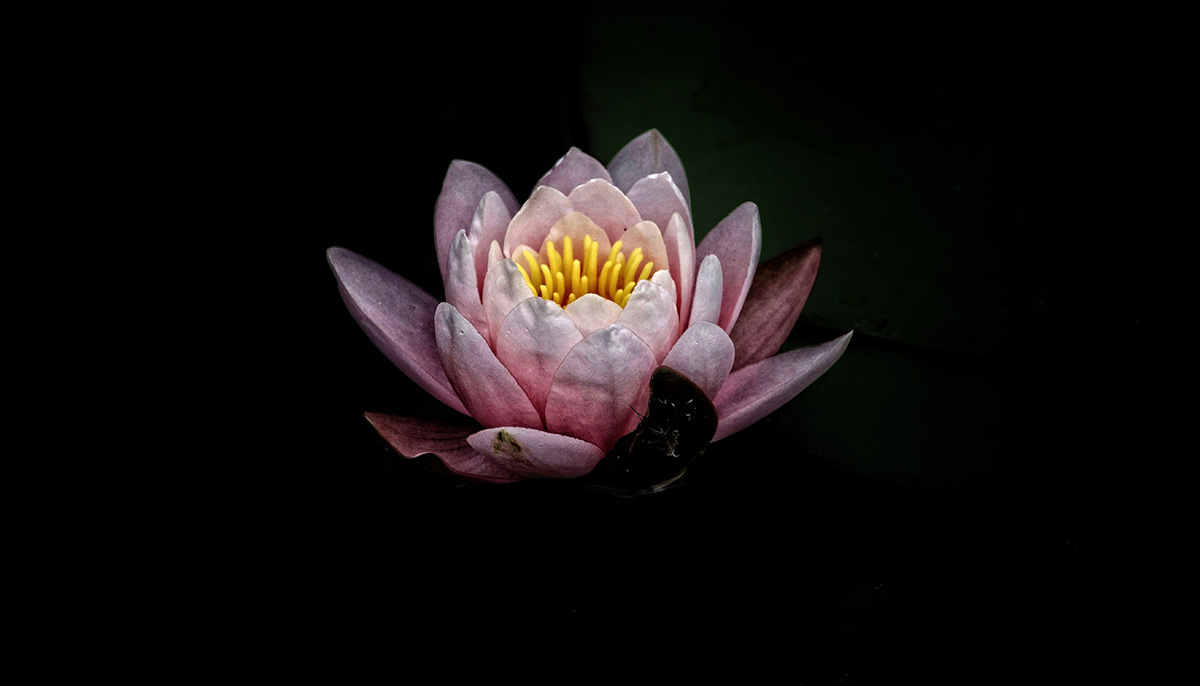As I write this, I’m in week seven of “self-isolation” with my husband and teenage son, doing my part to slow the spread of the coronavirus. Just over a week ago, a gunman was shot down thirty minutes from my home, after a killing spree that left twenty-two people dead, the worst mass shooting in Canadian history. Yesterday, it snowed, covering the green grass and spring flowers.
Nothing is as it should be. The world has been turned upside down.
Like you, perhaps, I’m trying to make sense of this moment. In my search for answers, I’ve turned to the teachings we’ve published in Buddhadharma over the past eighteen years, eager to find the missing pieces of what feels like a challenging puzzle. As I comb through back issues, I find myself gravitating to one word in particular: “bardo.”
Is it possible that collectively we might emerge from this bardo with a sense of blooming?
In her article “Breaking Open” (Spring 2015), Pema Khandro Rinpoche describes the bardo as “that state in which we have lost our old reality” and don’t yet know what our new reality might be. It arises from a disruption, or rupture, in our old way of seeing and being, and brings with it a sense of groundlessness and uncertainty. Our instinct is to fill in the story as quickly as we can so that we can hold on to some sense of self and continuity in our lives. But when the rupture is big, we’re unable to. As Pema Khandro Rinpoche explains,
When things fall apart, we can only be as we are. Pretense and striving fall away, and life becomes starkly simple. The value of such moments is this: we are shown that the game can be given up and that when it is, the emptiness we feared, emptiness of the void, is not what’s there. What is there is the bare fact of being. Simple presence remains.
Joan Sutherland talks about the things that come to “fetch us”—“the cook coughs or the morning star rises, and we fall open” (“Koans for Troubled Times,” Spring 2008). It doesn’t matter whether we consider these moments good, bad or indifferent. Everything, Sutherland, reminds us, is the Way: “There are no detours from the Way; we can’t lose our Way. To engage and entangle ourselves with whomever and whatever we meet, to care about them, to throw our lot in with them—that is the Way.”
Whether you’ve been broken open or fetched, chances are you too feel the ground trembling beneath you. What if we were to meet this moment fully?
Shinshu Roberts points out that bodhisattvas grow strong in the midst of difficulty, and we are no different: “We are the very same bodhisattvas; we too bloom in fire. Without the fire, blooming cannot happen—without difficulty, we cannot respond with realized action” (“Steadfast in the Midst of Samsara,” Spring 2020).
Is it possible that collectively we might emerge from this bardo with a sense of blooming?
Time will tell. Likely it will depend at least in part on how we choose to engage with this uncertain time. If we rail against it and cling to the vestiges of what we’ve previously known, we may miss an opportunity to find solutions to some of the pernicious social and environmental problems we’ve contributed to. If we shore up our sense of self and resist the gap that this bardo affords, we may never know what we’re truly capable of. Yet if we choose to be brave and allow grief, fear, and love to tenderize and expand our hearts and minds, we might come closer to understanding and integrating the Buddha’s teachings.
Whatever response we choose, we won’t be alone, even when we might think we are. As Shinshu Roberts explains, “We are dependent on the effort of every being and thing, and in this way are supported in ways we cannot see or know. All around us, the world is making its effort to meet ours, just as we meet its effort. We are in this together with all beings throughout time and space, making the world.”


